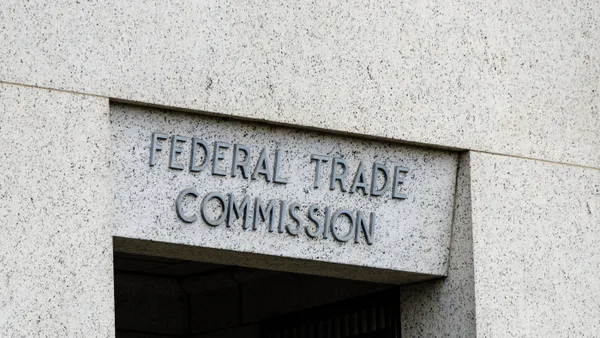Dive Brief:
- Companies see no material improvement in audit quality after rotating the audit firm's engagement partner, a pair of academic studies shows.
- "Some have argued ... that fresh eyes of a new audit partner help improve audit quality," says Robert Whited, assistant professor of accounting at North Carolina State University, who was involved in one of the studies. "However, we find no evidence of an improvement in the first year or two following rotation."
- The findings might take wind out of the sails of advocates who want to see rules tightened on mandatory rotation.
Dive Insight:
Regulators in the United States and the European Union require audit rotations, but they do it in different ways. The U.S. lets audit firms remain in place indefinitely, but requires a new engagement partner every five years. The E.U. requires companies to let other audit firms bid for a job after 10 years. The two studies only look at the U.S. mandatory engagement partner rotation, but researchers say the findings are relevant to both the U.S. and E.U. approach to audit quality.
In one of the studies, researchers looked at audit performance in 171 instances between 2003 and 2019 in which the engagement partner changed in response to Sarbanes-Oxley, the 2002 law mandating rotation.
It found neither an impairment of audit quality as tenure increases nor a material improvement in audit quality following rotation.
"On the contrary, we find some evidence that material misstatements are more likely to occur in the first year or years following a mandatory audit-partner rotation," said Whited, who led the study with Huan Kuang and Matthew Sherwood of the University of Massachusetts at Amherst and Huimin Li of the University of New Hampshire. The findings were published in the August/October issue of Auditing: A Journal of Practice and Theory.
The second study looks at 2,385 mandatory rotations in 3,300 companies between 2008 and 2014 using data from the Public Company Accounting Oversight Board (PCAOB).
The study found companies more frequently announced restatements in the two years after rotation, but neither financial misstatements nor accrual levels changed in negative ways, suggesting mandatory rotation has had little effect.
One possible reason for the minimal impact is the way companies prepare for the rotation since they know it's coming, said Brandon Gipper, Stanford University accounting professor, who led the study.
"Audit firms anticipate and invest resources to reduce potential disruption arising from mandatory partner rotations," Gipper added. "For example, audit firms have incoming partners shadow outgoing partners before the transition. Another example, audit firms put in more effort for high-risk and complex clients."
The study, conducted by Gipper with Luzi Hail of the University of Pennsylvania and Christian Leuz of the University of Chicago, will be appearing in an upcoming issue of The Accounting Review. Both The Accounting Review and Auditing: A Journal of Practice and Theory are published by the American Accounting Association.












